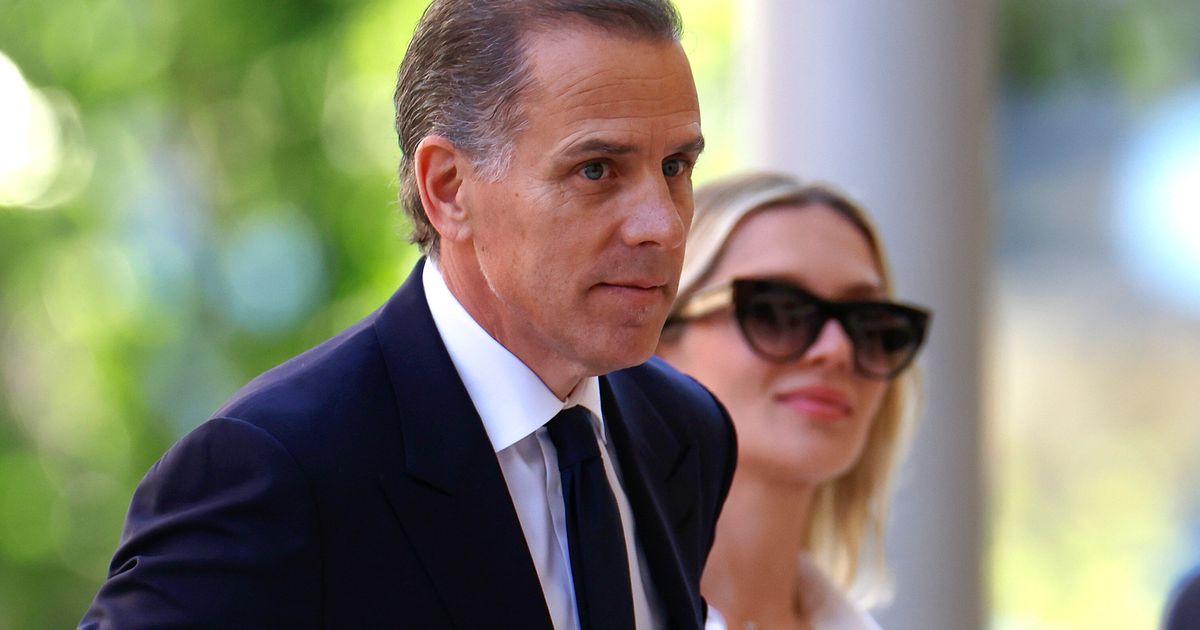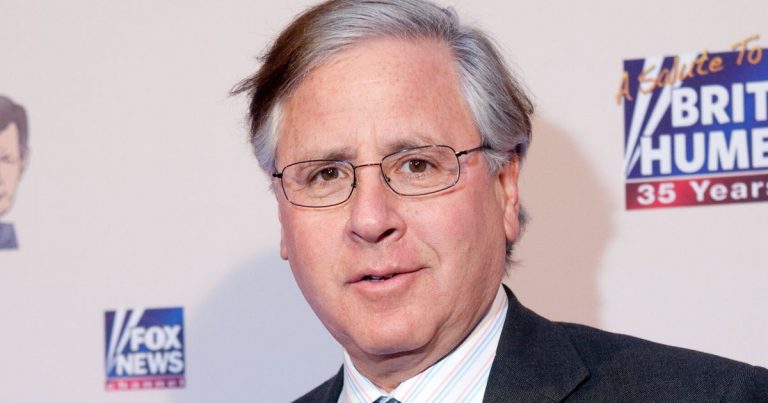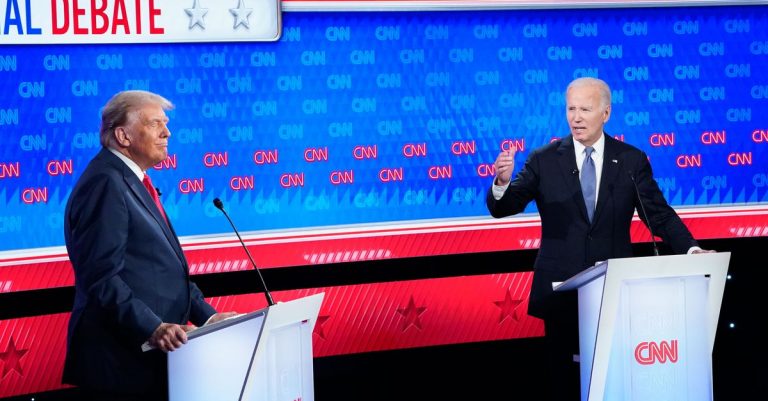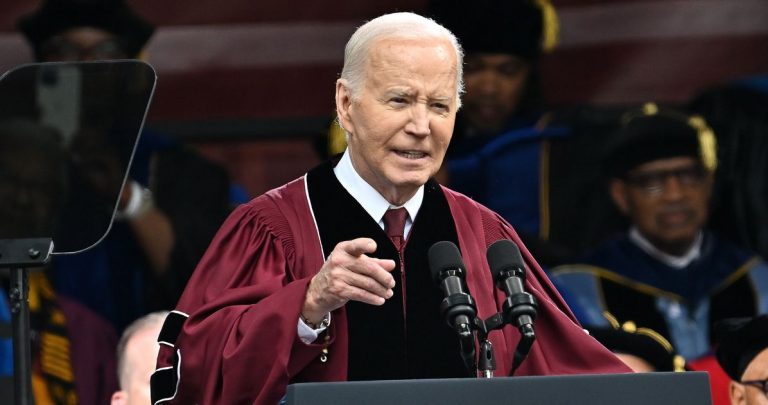Hunter Biden Convicted in Federal Gun Trial.
Hunter Biden Found Guilty of Illegal Gun Ownership
A recent jury ruling in Delaware has delivered a guilty verdict against Hunter Biden, the son of President Joe Biden, for unlawfully owning a firearm back in 2018. The government alleged that at the time of purchase in October, Hunter Biden was battling drug addiction and falsely declared on a federal form that he was not an addict. The jurors sided with the prosecution, exposing Biden to the possibility of serving time in prison.
This case, with its significant political implications, unfolds against the backdrop of a broader narrative where former President Donald Trump and the Republican Party accuse the U.S. justice system of being weaponized by President Biden in a vendetta against Trump. The latter faces federal charges for offenses like hoarding classified documents and attempting to manipulate the 2020 election results.
The Department of Justice pursued charges against Hunter Biden for illegal firearm possession, a rarity as standalone cases are typically accompanied by additional firearm-related offenses. The trial, lasting a week, not only brought disgrace to the first family but also carries the potential of a substantial prison sentence for the president’s son. Moreover, another trial looms in the fall as Biden faces allegations of failing to timely pay his taxes.
During the trial’s closing arguments, prosecutor Leo Wise seemingly disregarded the presence of Jill Biden and other family members in the court gallery, emphasizing that such details were immaterial to the case.
Notably, Hunter Biden had initially struck a plea deal with prosecutors last year. However, the agreement crumbled under scrutiny from District Judge Maryellen Noreika, revealing discord between Biden’s legal team and the prosecution concerning the possibility of further charges linked to his international business dealings. Consequently, Hunter Biden reversed his plea, asserting his innocence despite acknowledging the firearm purchase and admitting his drug addiction struggles in his 2021 memoir.
Biden’s memoir, titled “Beautiful Things,” candidly chronicles his downward spiral following his brother Beau Biden’s tragic demise from brain cancer in 2015. The memoir portrays Hunter Biden’s harrowing battle with substance abuse, detailing periods of seclusion in hotel rooms where he indulged in crack cocaine consumption every 15 minutes.
Amidst the legal proceedings, Biden’s defense attempted to portray him as not necessarily under the influence of drugs at the precise moment of the gun purchase, contrary to the narrative presented in his book. Nevertheless, the government bolstered its case by drawing upon testimonies from Biden’s ex-wife, former girlfriend, and the widow of his late brother, Hallie Biden, with whom he had a tumultuous affair.
Biden’s legal team contended that the terms ‘user’ or ‘addict’ on the federal form were subject to interpretation and not adequately defined, claiming that an individual recently completing a rehabilitation program, like Biden, may not consider themselves a current drug user or addict. However, their argument regarding the form’s constitutionality inquiring about drug use under the Second Amendment was dismissed by Noreika.
The potential consequences for Hunter Biden loom large, with a maximum prison sentence of 25 years hanging over him, though a lighter penalty is more plausible. As the legal saga unfolds, Republicans have scrutinized President Biden’s alleged involvement in his son’s business dealings during an impeachment inquiry, only to discover witness accounts indicating the elder Biden’s avoidance of such entanglements.
Delaware U.S. Attorney David Weiss, serving as the lead prosecutor in Hunter Biden’s case, was appointed by Trump. Following the collapse of Hunter Biden’s plea agreement, Attorney General Merrick Garland conferred special counsel status on Weiss, underscoring the case’s importance.
For individuals grappling with substance use disorder or mental health challenges, support is available through the SAMHSA National Helpline at 800-662-HELP (4357) in the U.S.








